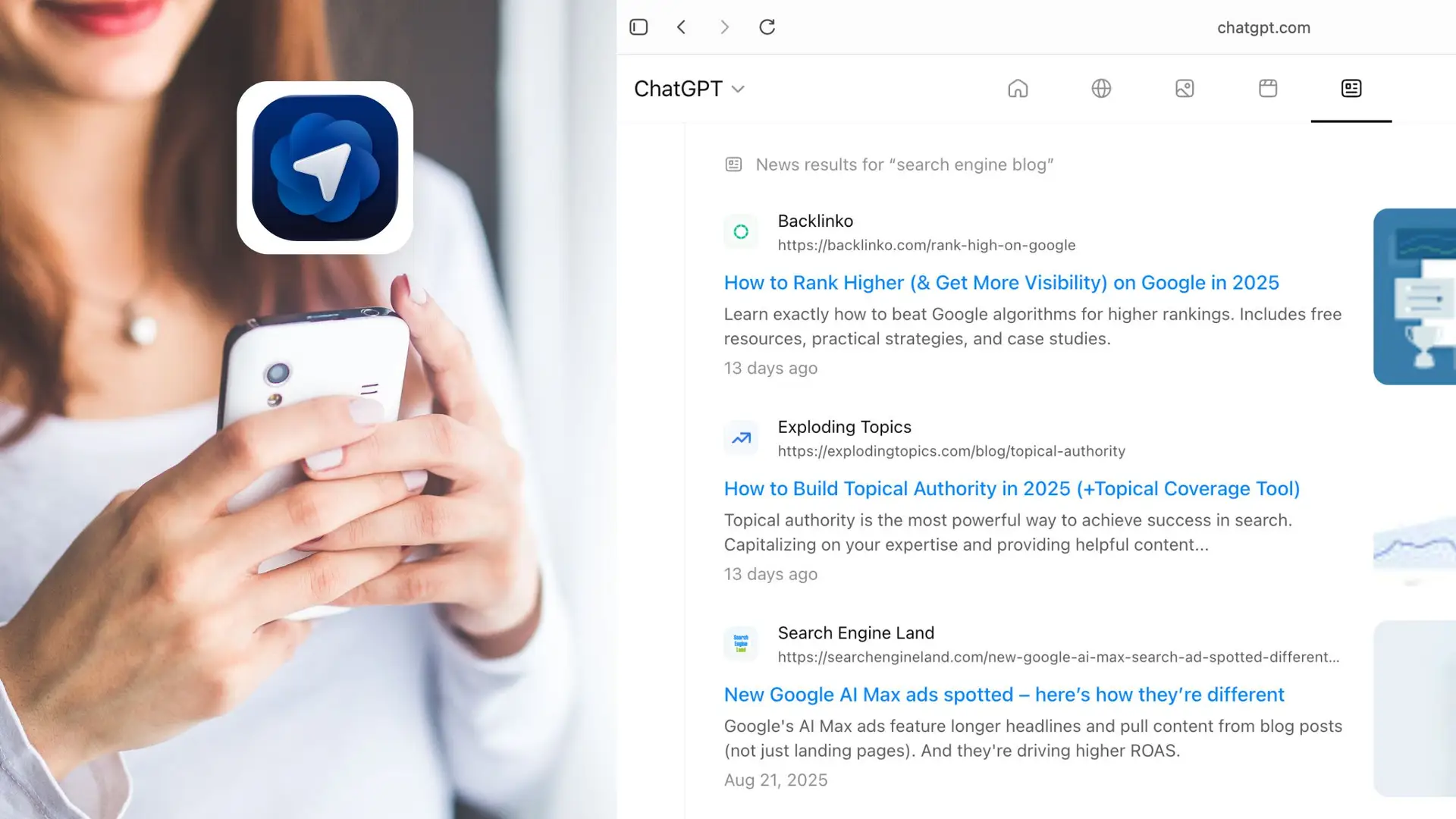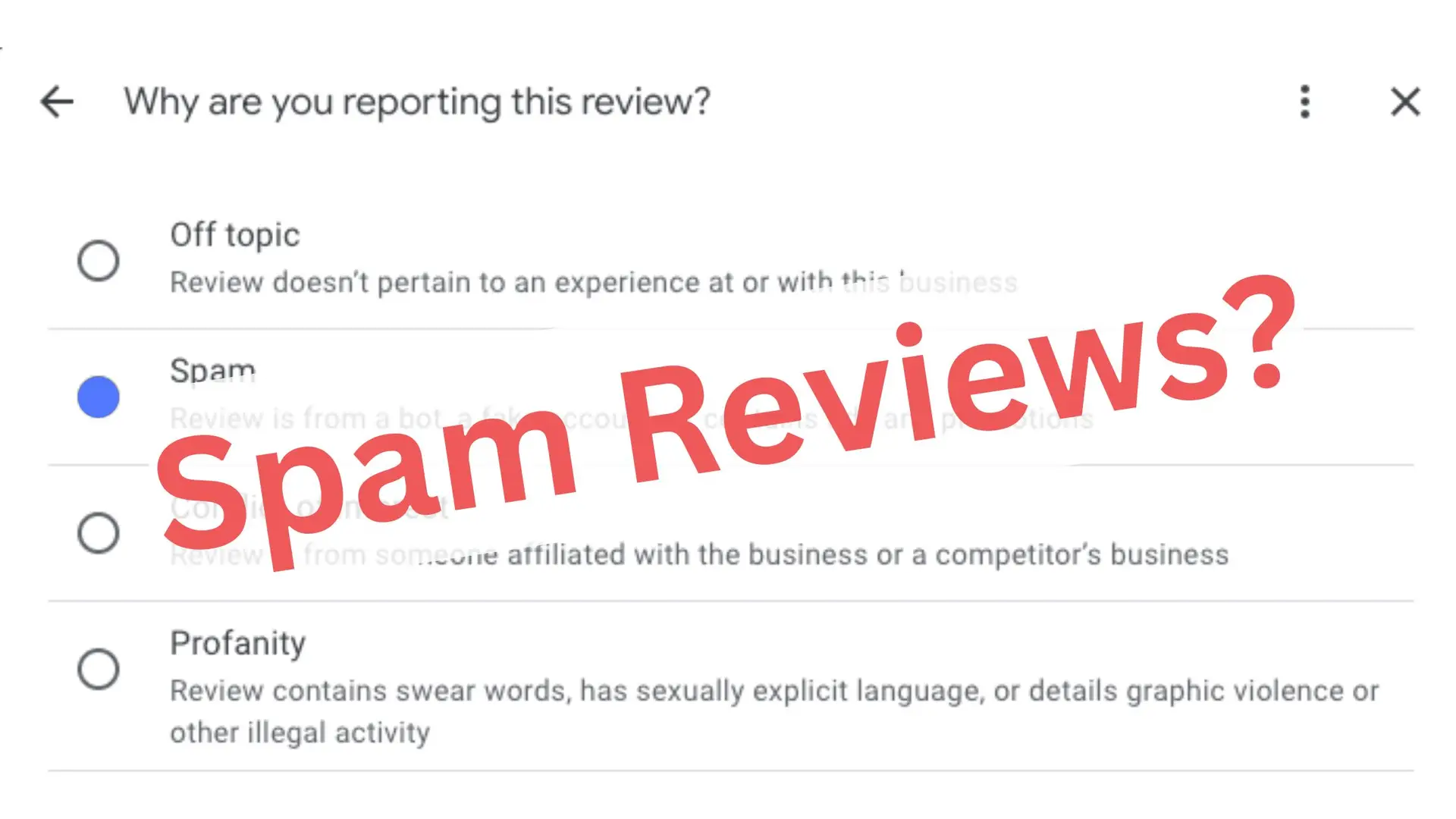
The New Frontier: Advertising in OpenAI’s ChatGPT Atlas Browser
The launch of ChatGPT Atlas by OpenAI marks more than just a new browser; it signals a fundamental shift in how users interact with the web and, consequently, how legal and other businesses must approach digital advertising. As highly skilled copywriters in legal marketing, understanding this new “agentic” browsing environment is paramount to maintaining visibility and protecting ad budgets in all 50 U.S. states.





